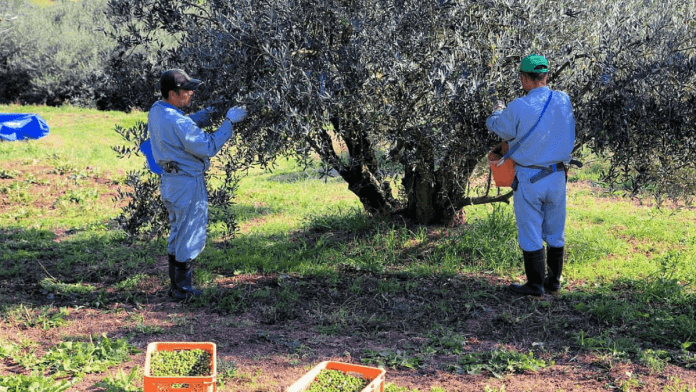News in Brief:
– Chinese and Japanese olive oil producers won 10 awards at the 2024 World Olive Oil Competition, showcasing the rising quality of non-traditional olive-growing regions.
– Success stories from East Asia highlight innovation, adaptation to climatic challenges, and effective branding.
The recent success of Chinese and Japanese producers at the 2024 World Olive Oil Competition shows a significant shift in the global olive oil industry. Traditionally dominated by Mediterranean countries like Spain, Italy, and Greece, the industry is now witnessing remarkable achievements from non-traditional regions, particularly East Asia.
Key takeaways for farmers
- Diversification of crops: African farmers can take inspiration from East Asia’s foray into olive cultivation. Diversifying crops can mitigate risks associated with market fluctuations and climate change. For example, in central China, Olive Times has successfully integrated olive cultivation into its community initiatives, not only improving soil quality but also boosting local economies.
- Innovation and Adaptation: The story of Harvest Farm in Japan reclaiming abandoned farmland to cultivate olives demonstrates the power of innovation and adaptability. African farmers facing land degradation can explore similar initiatives to revitalise their lands. Utilising local resources and embracing sustainable practices, such as minimal pesticide use, can enhance the quality and marketability of agricultural products.
- Combating Climate Challenges: East Asian producers have shown resilience in the face of climatic challenges. Maedaya Olive, for instance, dealt with extreme temperature variations to produce award-winning olive oil. African farmers, who often face unpredictable weather patterns, can adopt similar strategies, such as selecting resilient crop varieties and employing innovative farming techniques.
- Market Expansion and Branding: The success of Chinese brands like Whispering Flowers and Mutual Beauty highlights the importance of effective branding and market expansion. African farmers can benefit from creating strong brands and exploring international markets. Emphasising the health benefits of products, as seen with the renewed interest in olive oil in Chinese cities, can attract new customers and boost demand.
- Community and Economic Development: Projects like Olive Times, which aim to alleviate poverty through agriculture, can serve as models for African communities. By integrating agricultural initiatives with local development goals, farmers can create sustainable economic growth. Collaborations with biotechnology firms and government support can provide the necessary technological and financial backing for such initiatives.



